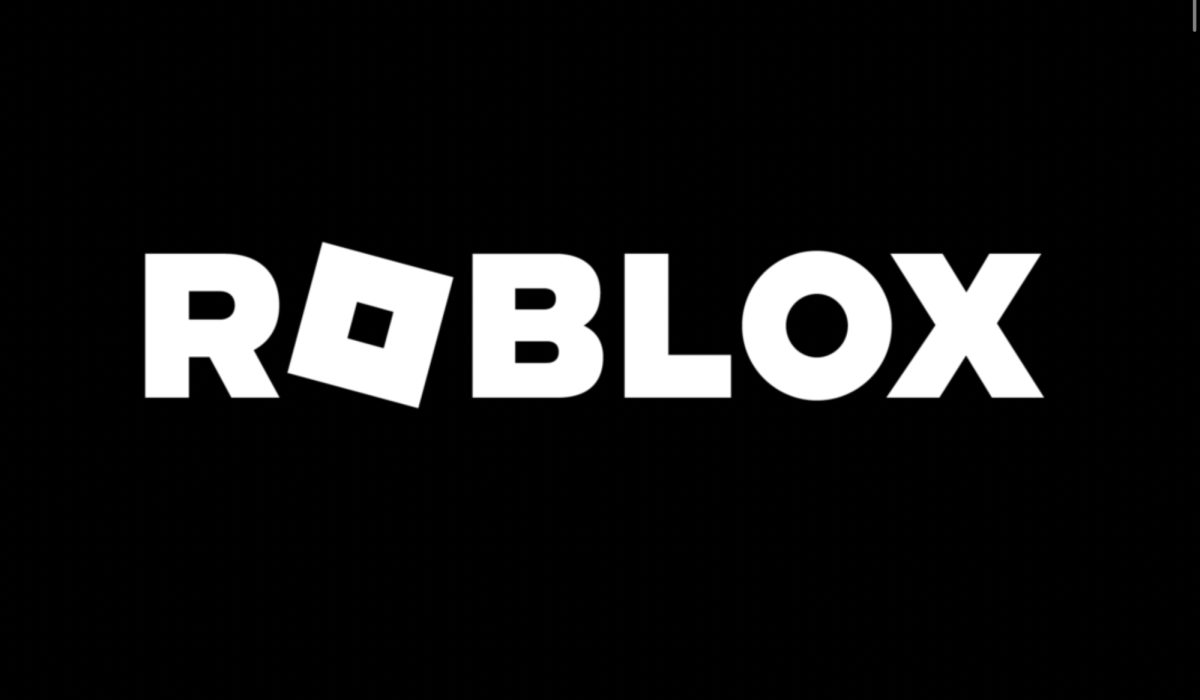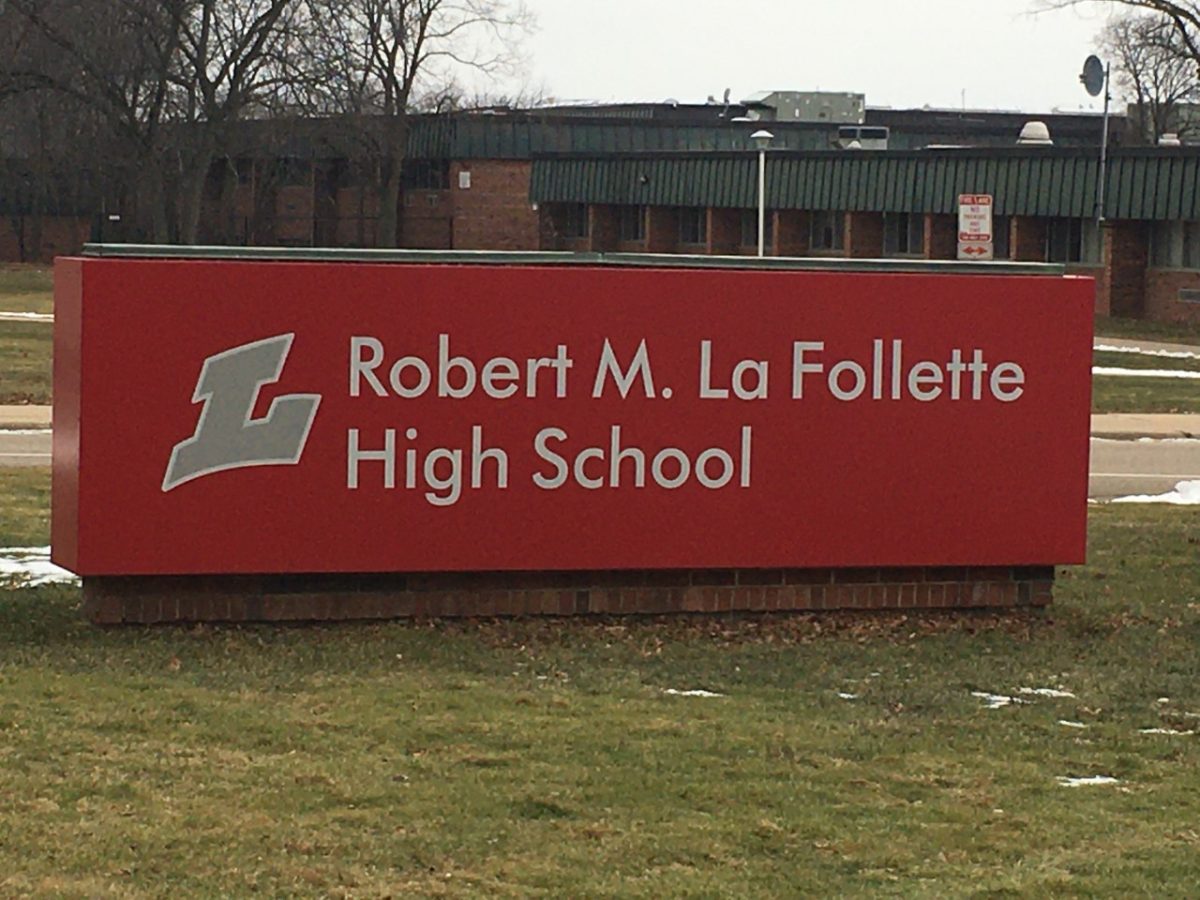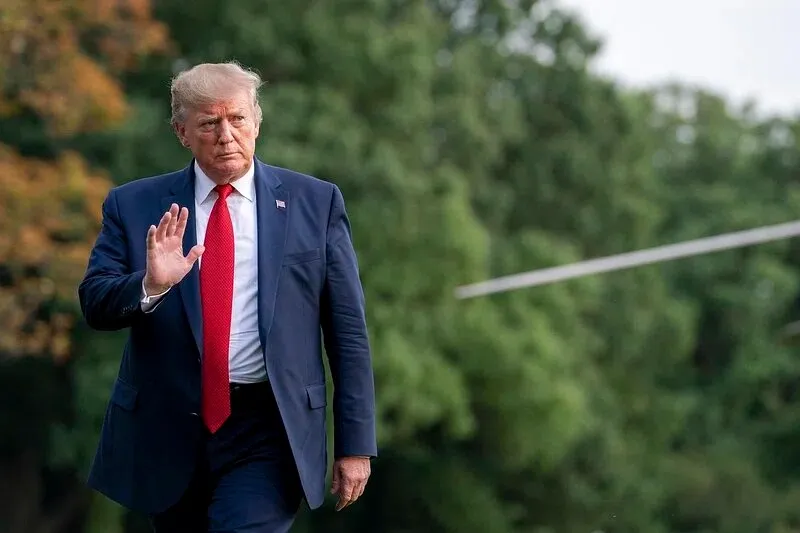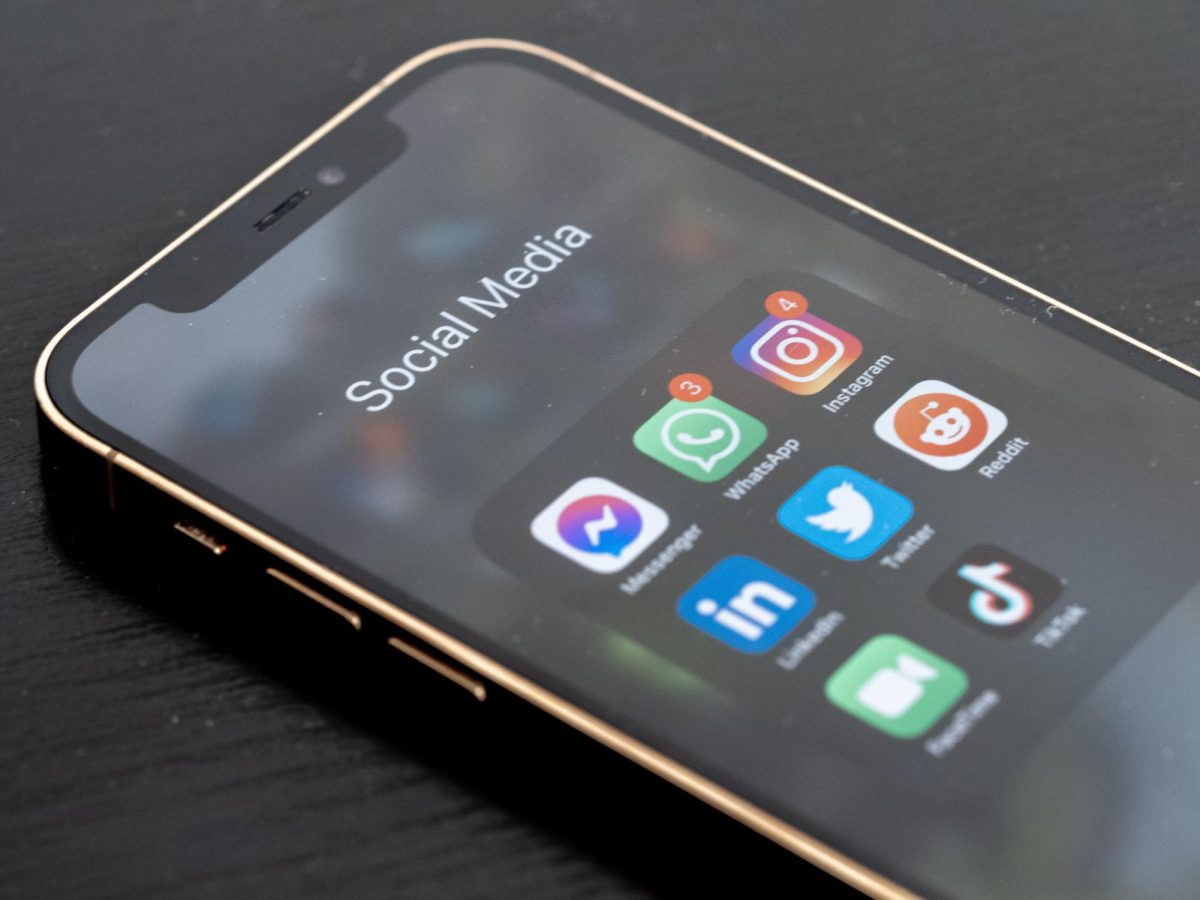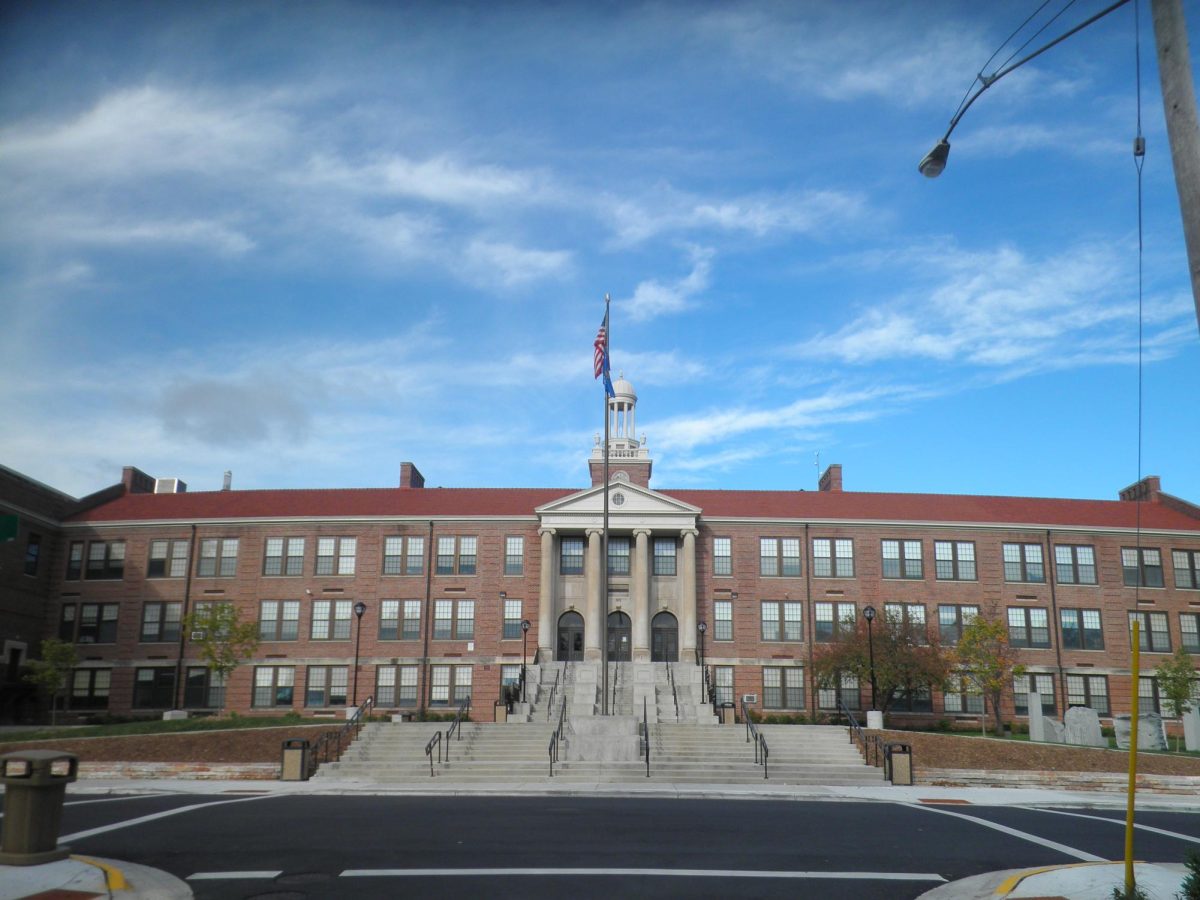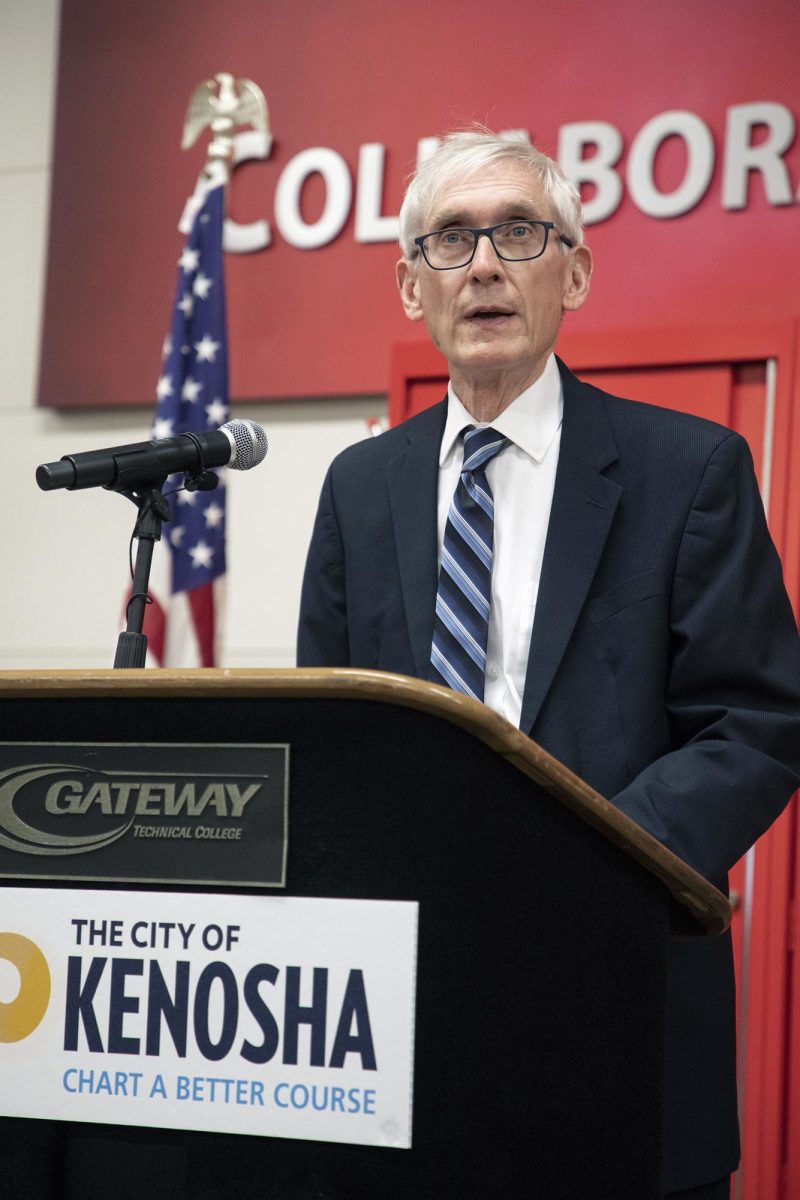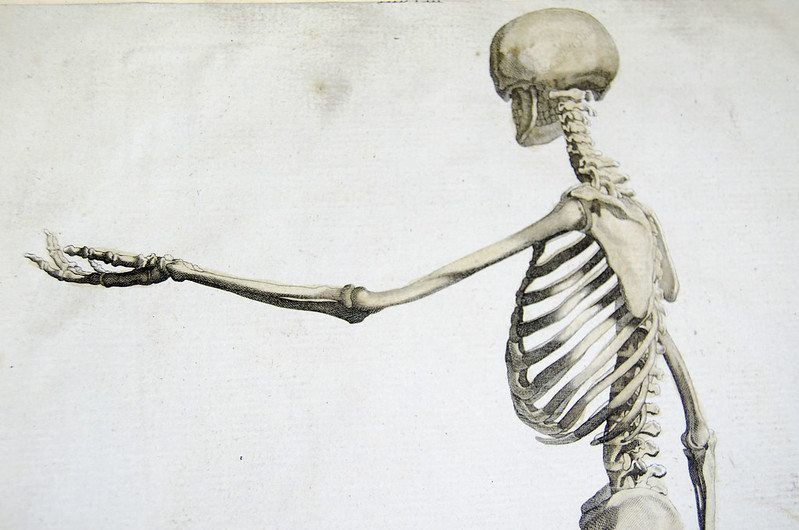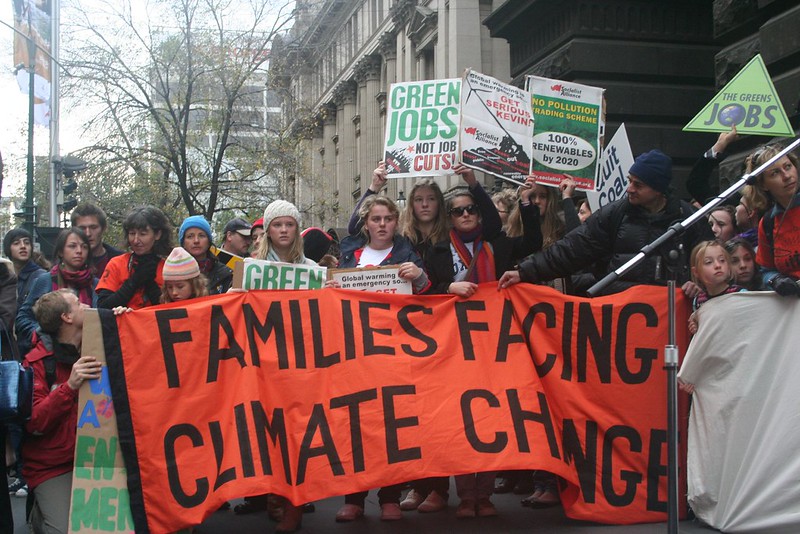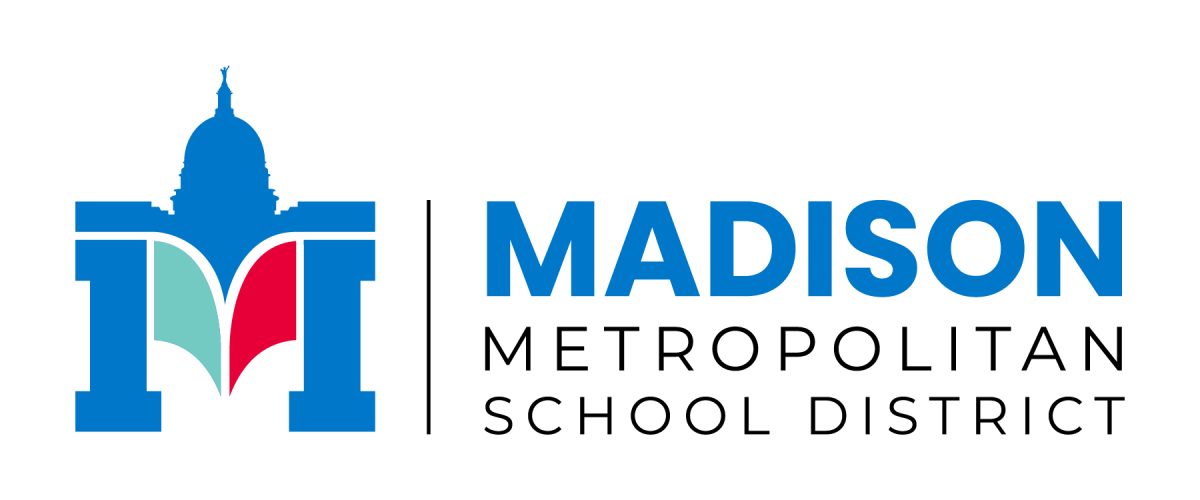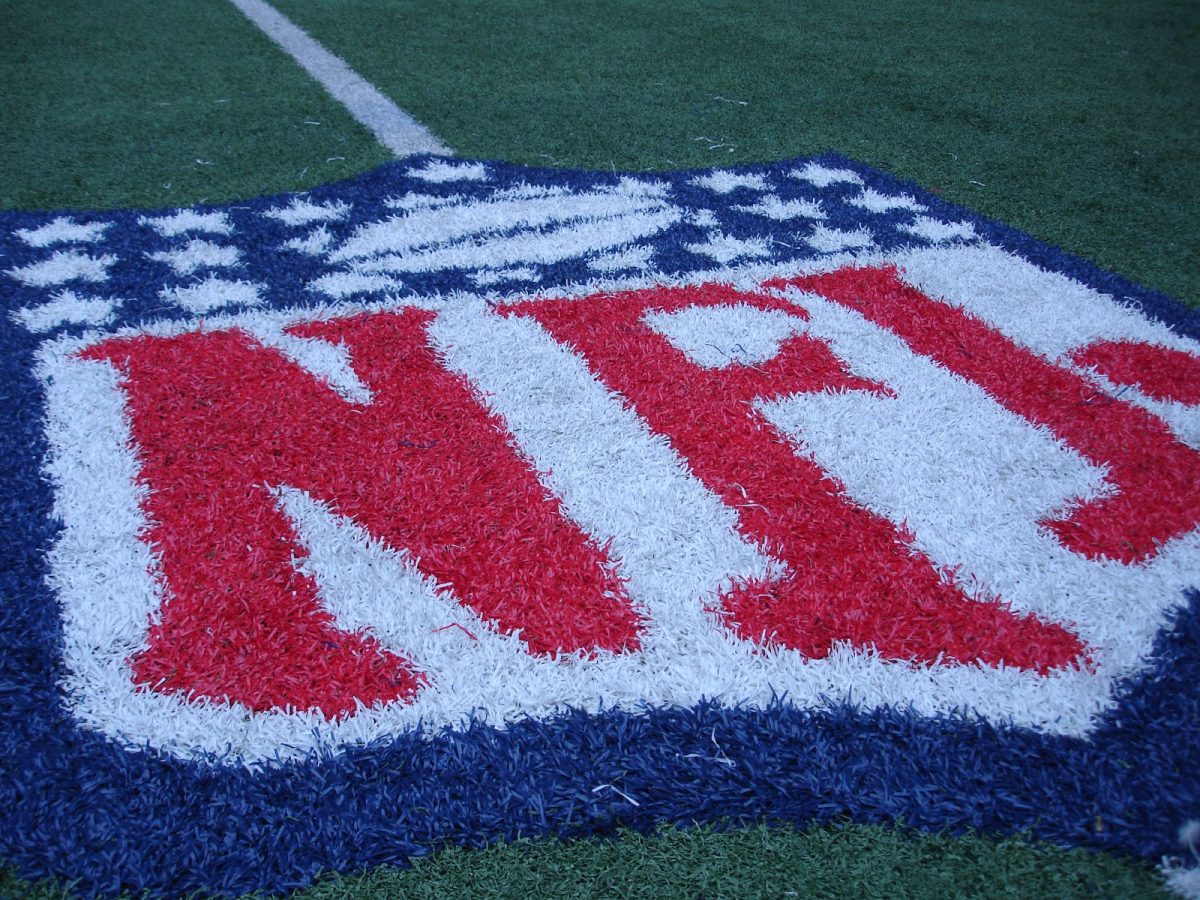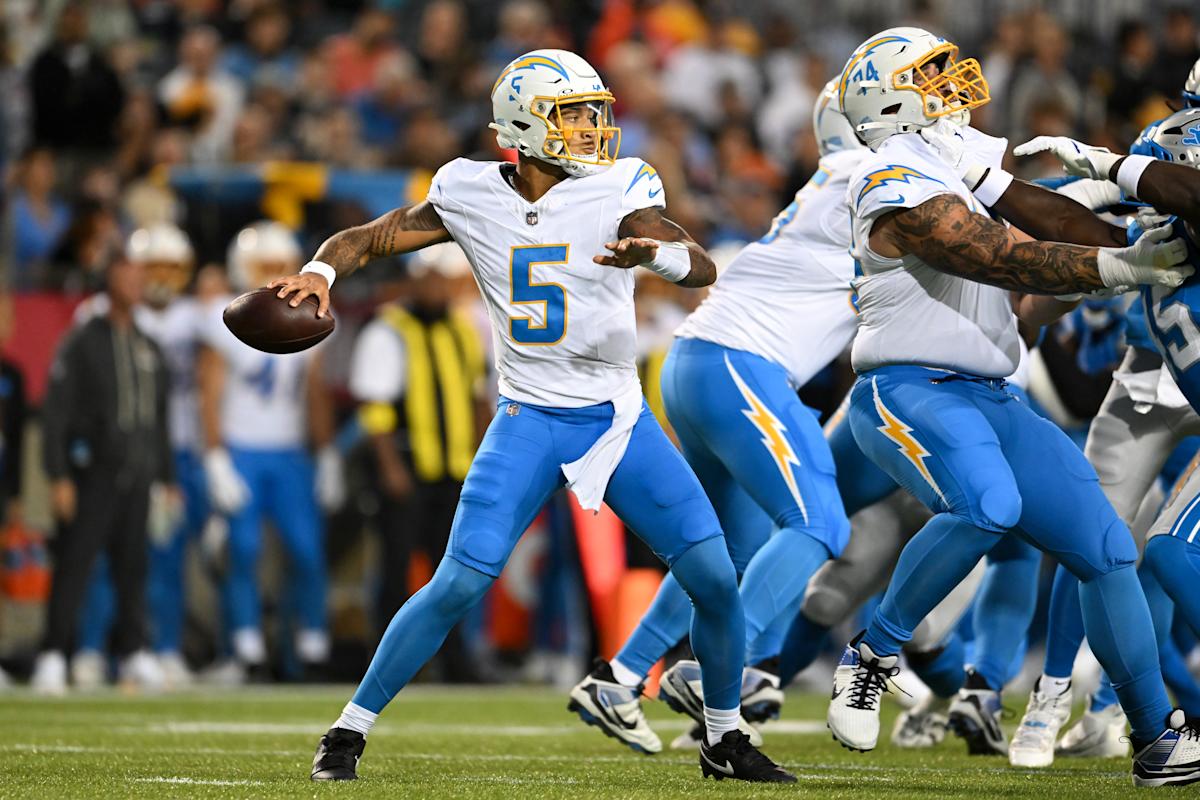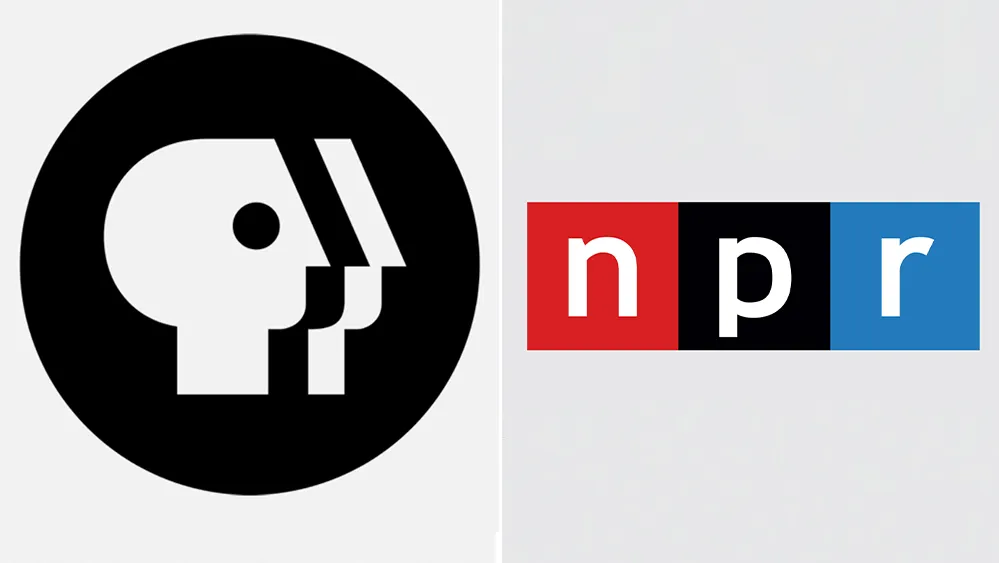Two major public media organizations, PBS (Public Broadcasting Service) and NPR (National Public Radio), are potentially set to shrink or even collapse due to President Trump’s threats and attempts to pull funding from the networks. PBS and NPR provide unbiased, non-corporate media to millions of Americans, free of charge, and have done so since the late 1960s. Let’s take a look at the networks themselves, what the Trump administration has tried to do, and whether or not his plan will ultimately succeed.
PBS
PBS carries numerous informative programs like NewsHour and engaging shows about history or arts, and also runs PBS Kids, which, of course, has free, educational cartoon programming for children. According to its mission statement, it “is a membership organization that, in partnership with its member stations, serves the American public with programming and services of the highest quality, using media to educate, inspire, entertain, and express a diversity of perspectives.” The network has numerous local channels/divisions around the country, with PBS Wisconsin broadcasting on WHA-TV here in Madison.
NPR
NPR is a national syndicator to a network of more than 1,000 public radio stations, mainly featuring various news shows like All Things Considered, and a variety of music programs as well. NPR provides extensive coverage of the latest political developments and has an entire show dedicated to the Trump administration, which is partly why the President dislikes its coverage so strongly.
Trump’s Plan
Both PBS and NPR operate under the Corporation for Public Broadcasting, or CPB. The President issued an executive order earlier this month ordering the CPB to cut all funding for both networks, accusing them of harboring “bias” in reporting without providing clear evidence. According to the White House, the two “spread radical, woke propaganda disguised as ‘news,’” but again, there is no evidence to support that claim, and independent organizations that measure media outlet bias, like Ad Fontes, highlight how both networks are relatively reliable and without bias, as shown below.

Regardless, as Trump has tried to intimidate private networks like ABC and CBS with lawsuits and FCC regulations, he is exerting even more control over government groups like PBS and NPR, and it is clear that he’d prefer for their programs not to air at all.
The Latest Developments
Immediately following the President’s executive order, both PBS and NPR sued the Trump administration to stop his funding blockade, with PBS accusing the President of politically motivated retaliation. PBS argued in its suit that the Constitution and the half-century-old law governing public television forbid Trump from attempting to defund the network, specifically citing the First Amendment and its protections of free speech. As they have stated in regard to other attempted funding cuts, supporters of NPR and PBS note that, in theory, it is Congress that has the power of the purse and discretion over funds, not the President. However, the White House maintains that Trump is executing his lawful abilities to determine funding should cease. For now, the courts have ruled that funding—and thus, the services that NPR and PBS provide—will continue, but this will play out for several weeks, if not months. It is not clear whether or not the U.S. Supreme Court would intervene, but it previously ruled against Trump with regard to USAID and international aid funding, ordering it to continue despite Trump’s freeze.














